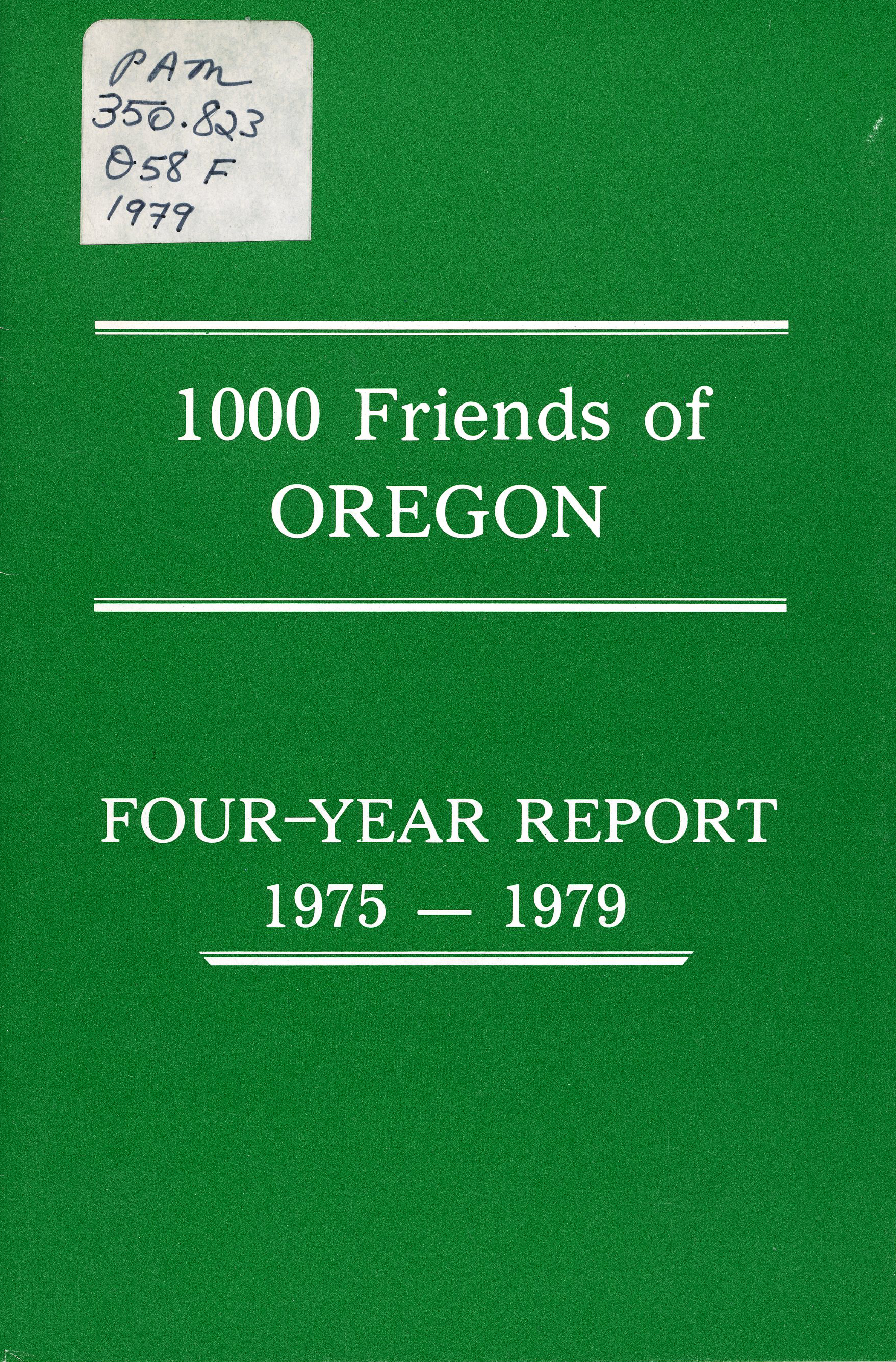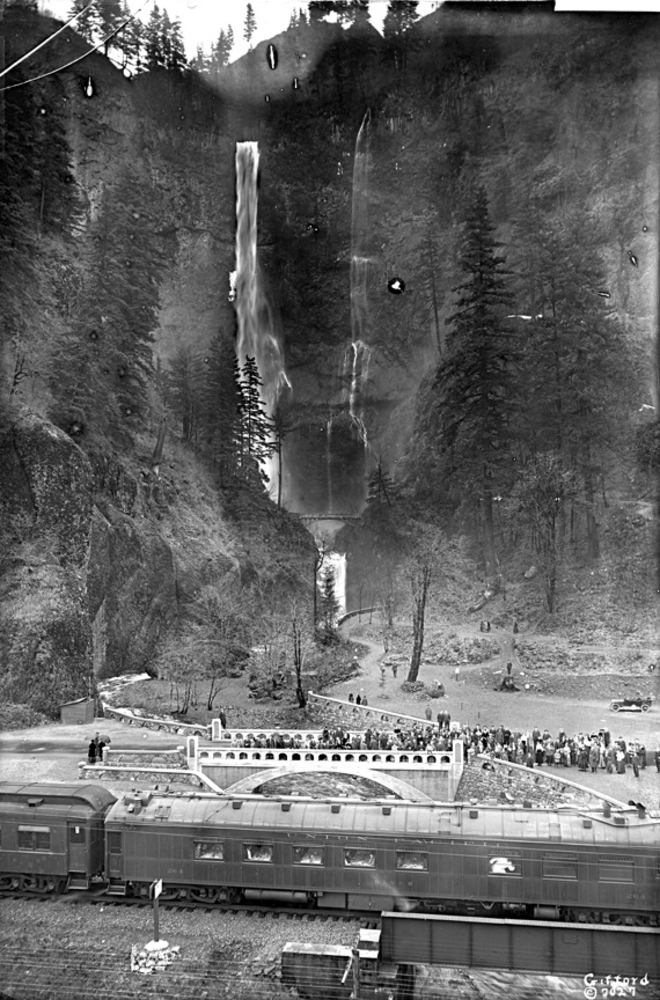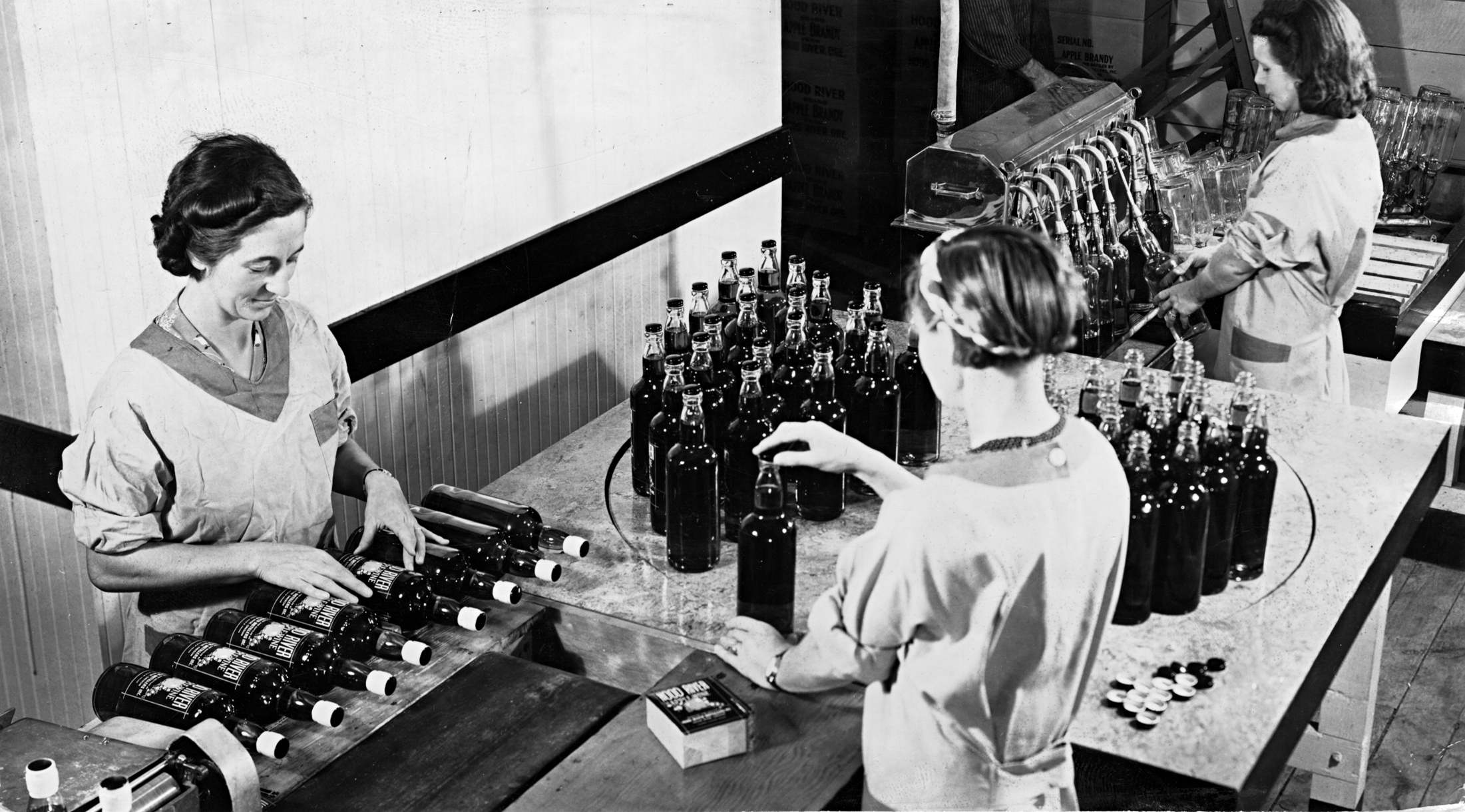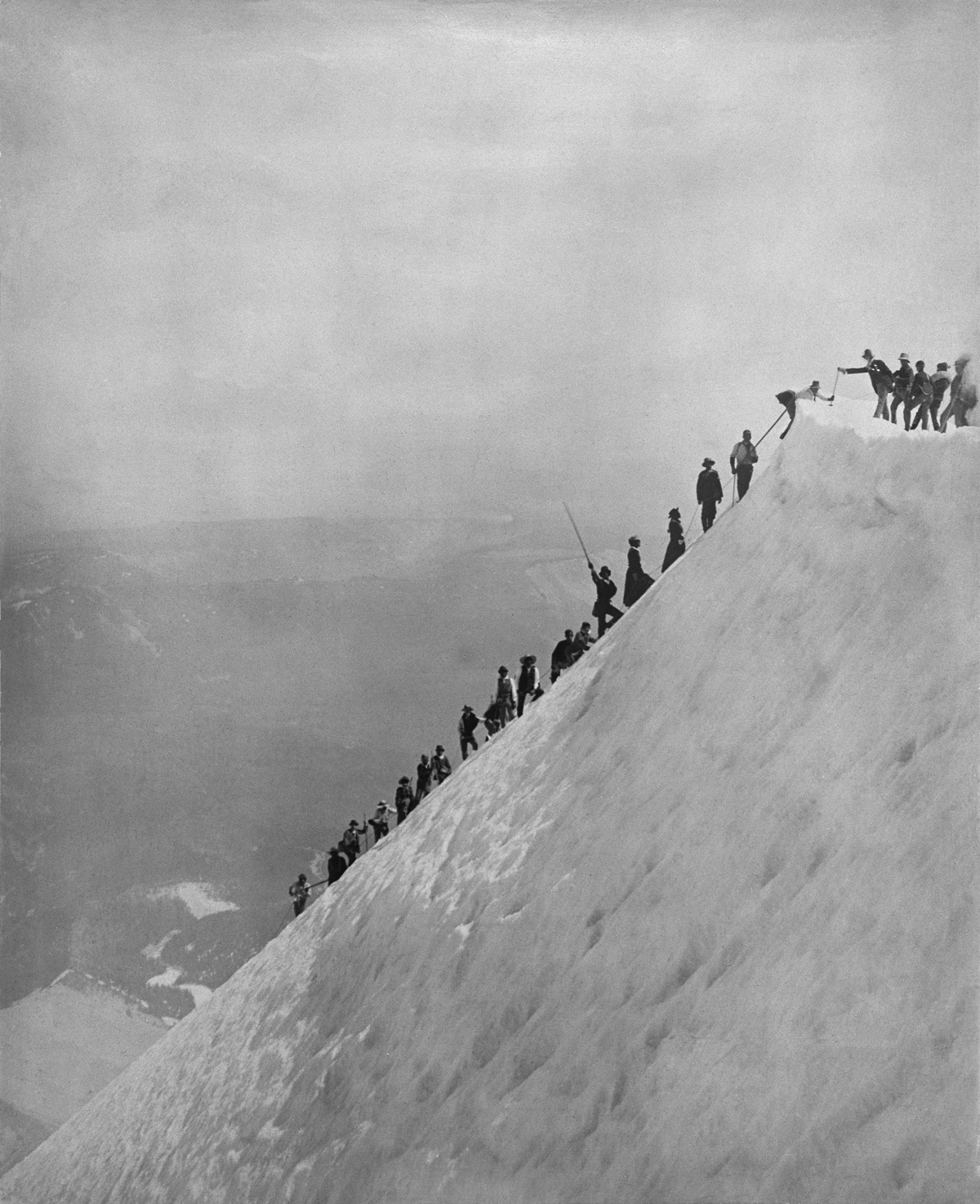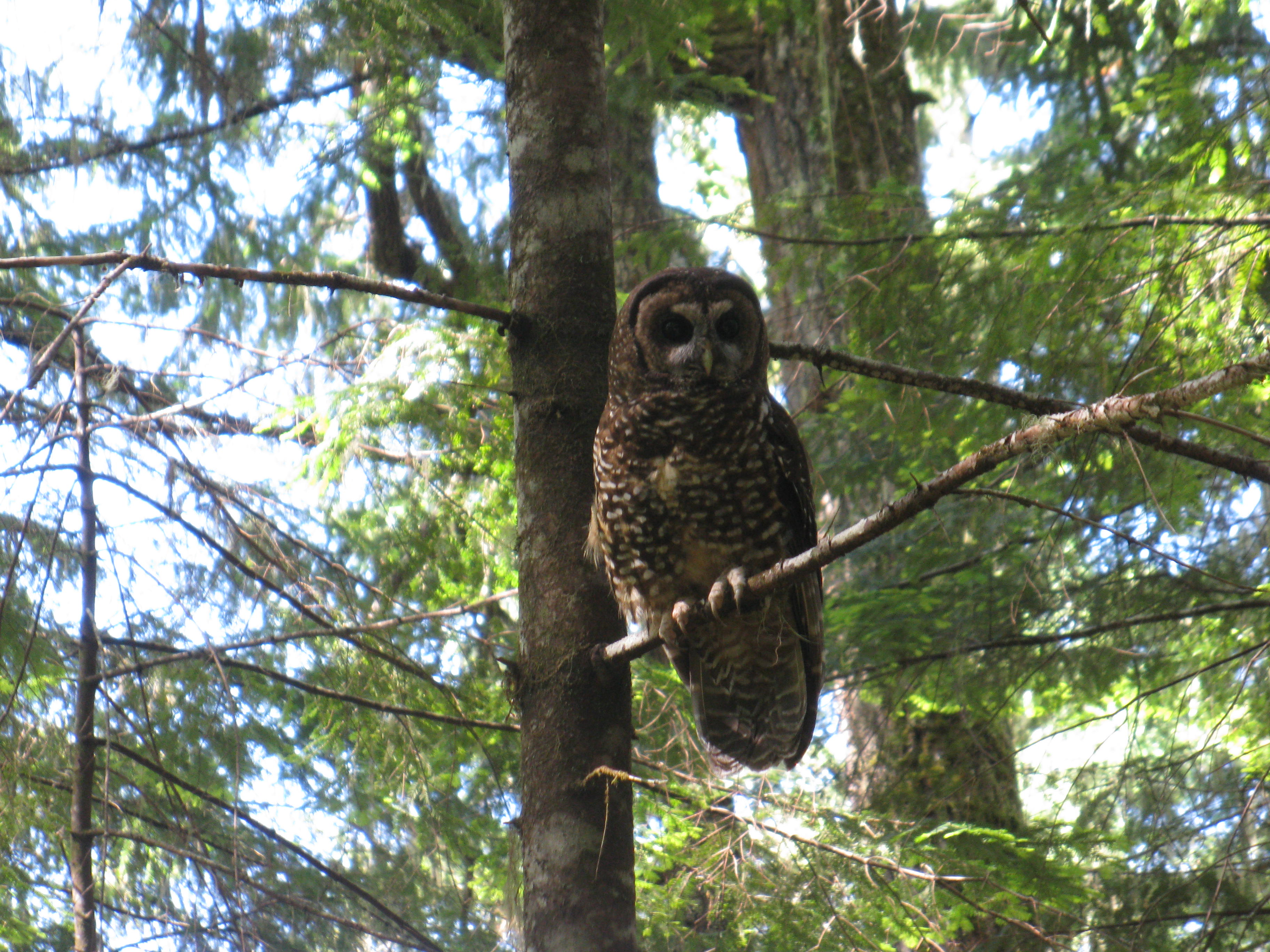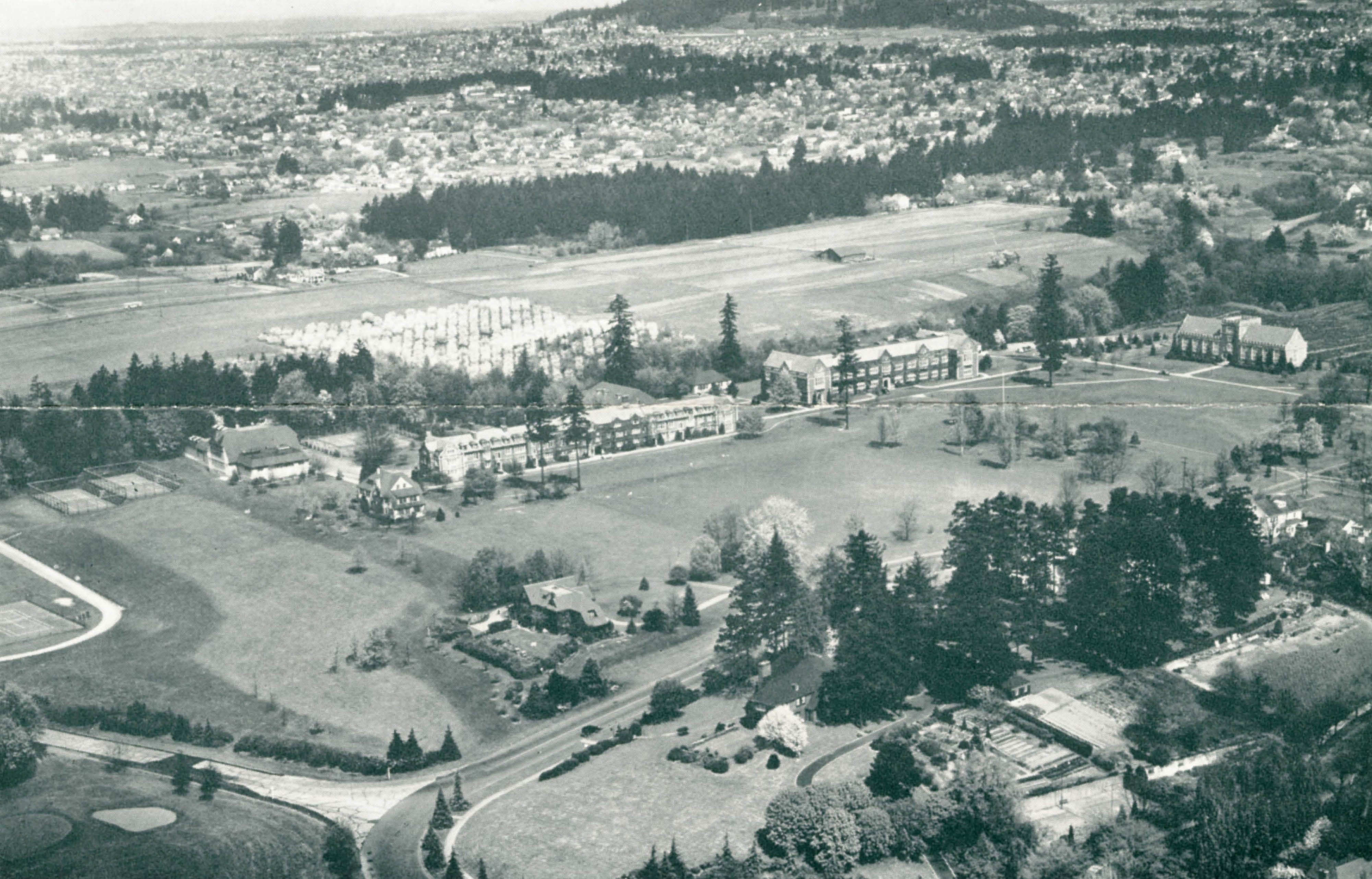An adventurer who took risks in life and in business, Steve McCarthy was an entrepreneur, an attorney, an activist, and the founder of Clear Creek Distillery, the first craft distillery in Oregon. He was the executive director of OSPIRG and the acting general manager of TriMet, and he served on numerous boards and leadership committees for environmental and educational organizations in Oregon. McCarthy liked to push the boundaries of his abilities and climbed Mount Hood more than two dozen times. “I used to hurl myself off cornices on Mount Hood,” he said, “just to see if I could do self-arrests under different circumstances. I had no sense of what I couldn’t do.”
Soon after Stephen Rogers McCarthy was born in Seattle on January 7, 1943, his family moved to Roseburg, where his father, Gerald McCarthy, owned and managed a sawmill and his mother, Kate Rogers McCarthy, introduced him to the outdoors. He was an Eagle Scout who loved hiking, climbing, and mountaineering. When he was twenty, one of his friends and climbing companions was killed in a fall in the Himalayas, a traumatic experience that he wrote about in “Ordeal Above Tesi Lapcha” in the May 1967 issue of Sports Illustrated Magazine.
McCarthy graduated from Reed College in Portland in 1966 and received a law degree at New York University in 1969. That year, he married Lucinda Parker, whom he had met at Reed; they had one child. The couple soon returned to Oregon, where McCarthy practiced law for three years. He also got involved in state politics when he took a job as a driver for Tom McCall, who was running for a second term as Oregon governor. In 1970, at the urging of an acquaintance, Ralph Nader, McCarthy became the founding executive director of the Oregon Student Public Interest Research Group, or OSPIRG, an advocacy organization focused on environmental sustainability, public health, and social justice, among other issues.
In 1973, Governor McCall appointed McCarthy to the board of TriMet, a new agency intended to oversee Portland's transportation planning. A year later, he was hired as TriMet's assistant general manager. He was promoted to acting general manager in 1975, a role he held until January 1978, when he resigned after being passed over for the permanent general manager position. His time at TriMet was sometimes controversial. He was an early advocate of light rail in Portland and believed the agency should be more than a simple "bus company" by moving quickly to realize a visionary approach to regional transportation planning.
After leaving TriMet, McCarthy worked at Michael’s of Oregon, a Portland-based business that manufactured hunting and rifle accessories. He purchased the business from his father and a business partner in 1982. While traveling in Europe on sales and marketing trips, he became interested in the unaged fruit brandies made in France, Switzerland, Germany, and other Alpine countries. He ordered a still from Germany, hoping to find a profitable use for the cosmetically imperfect pears from China Hill Farm, a Hood River Valley orchard he co-managed with his mother and brothers. McCarthy opened Clear Creek Distillery in Northwest Portland in 1985 and sold Michael’s of Oregon two years later.
Clear Creek’s first products were a Bartlett pear brandy, a two-year-old apple brandy, and a muscat grappa made in collaboration with David Lett at Eyrie Vineyards. As the business grew, Clear Creek made plum brandy, kirsch (cherry), framboise (raspberry), and Douglas-fir brandy, as well as a collection of liqueurs. “His first love,” though, wine critic Eric Asimov wrote in the New York Times in 2007, “are the gorgeous, impeccably pure eaux de vie that he makes from pears and plums, cherries and raspberries, and even, in a distinctly Northwestern touch, from the springtime buds of Douglas firs.” Clear Creek’s products, Asimov wrote, were “gorgeous,” “impeccably pure,” and “breathtakingly complex.”
Craft distilling—practiced at small distilleries that are often focused on a region—began to pick up steam around the country. The attention to craftsmanship and high-quality local ingredients dovetailed with the rise of Northwest cuisine in Oregon during the 1990s. In 1996, Clear Creek launched McCarthy’s Oregon Single Malt, made from imported peated malted barley and aged in Oregon oak casks. It was the first American single malt and “remains among the stars of the American single malt scene today,” according to Whisky Advocate. McCarthy ran Clear Creek until 2014, when he sold the business to Hood River Distillers, which moved operations to Hood River.
McCarthy was a passionate environmentalist who served on the board of directors for the Nature Conservancy, the Columbia River Gorge Commission, and 1000 Friends of Oregon. For fifteen years, he was a trustee for the Earthjustice Legal Defense Fund (formerly the Sierra Club Legal Defense Fund) during the organization’s litigation on the spotted owl. From 1988 to 2009 he was on the Board of Trustees at Reed College, serving as vice chairman from 1998 to 2005.
Steve McCarthy died on January 2, 2023, from Parkinson’s disease.
-
![]()
Stephen McCarthy.
Courtesy Clear Creek Distillery -
![]()
Stephen McCarthy.
Courtesy Reed College Magazine -
![]()
Stephen McCarthy.
Courtesy Clear Creek Distillery
Related Entries
-
![1000 Friends of Oregon]()
1000 Friends of Oregon
1000 Friends of Oregon was founded in 1975 by Governor Tom McCall and a…
-
![Brewing industry in Oregon]()
Brewing industry in Oregon
High-quality water and ideal conditions for growing hops set the stage …
-
![Columbia River Gorge National Scenic Area]()
Columbia River Gorge National Scenic Area
Established by Congress in 1986, the Columbia River Gorge National Scen…
-
![Hood River Distillers]()
Hood River Distillers
Hood River Distillers, Inc., received the first state distiller's licen…
-
![Mount Hood]()
Mount Hood
Mount Hood is a stratovolcano in northwest Oregon located about fifty m…
-
![Northern Spotted Owl]()
Northern Spotted Owl
Natural History The northern spotted owl (Strix occidentalis caurina),…
-
![Reed College]()
Reed College
Situated on 116 acres in southeast Portland, Reed College enrolls nearl…
Map This on the Oregon History WayFinder
The Oregon History Wayfinder is an interactive map that identifies significant places, people, and events in Oregon history.
Further Reading
Asimov, Eric. "An Orchard in a Bottle, at 80 Proof." New York Times, August 15, 2007.
Duin, Steve. "The long trek home from the Himalayas." Portland Oregonian, September 26, 2015.
Stursa, Scott. "My Interview with Steve McCarthy." Distilled in Oregon, January 2, 2017.
"Stephen McCarthy Obituary." Portland Oregonian, April 4, 2023
Parker, Buck. "Remembering Steve McCarthy." EarthJustice, August 24, 2023.




